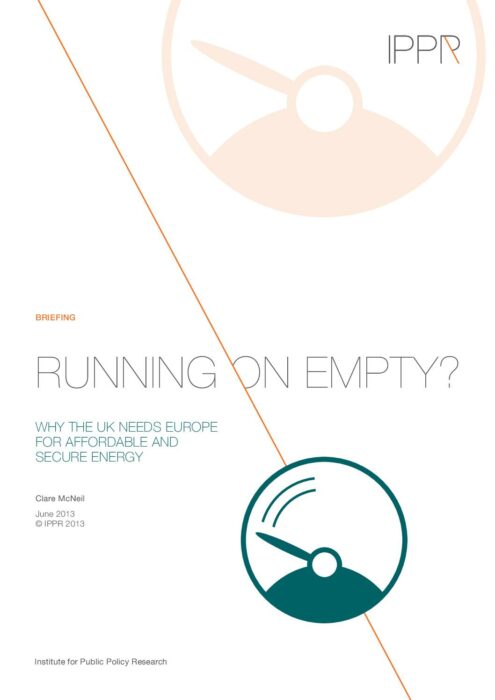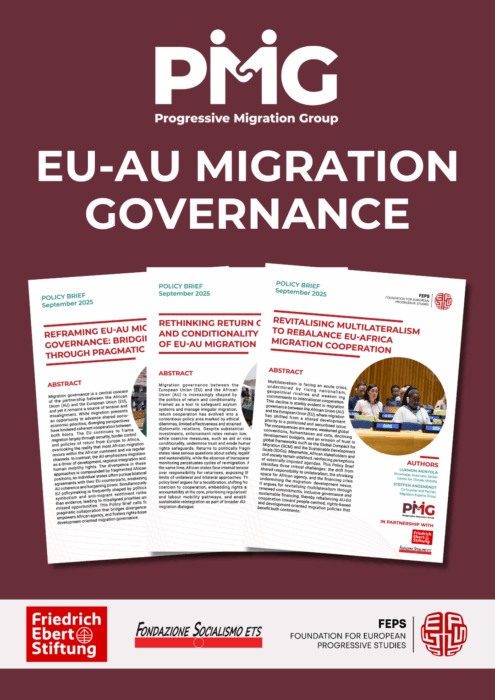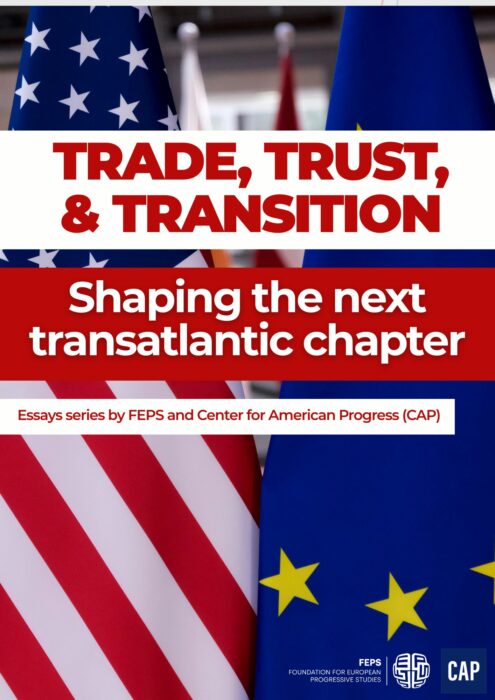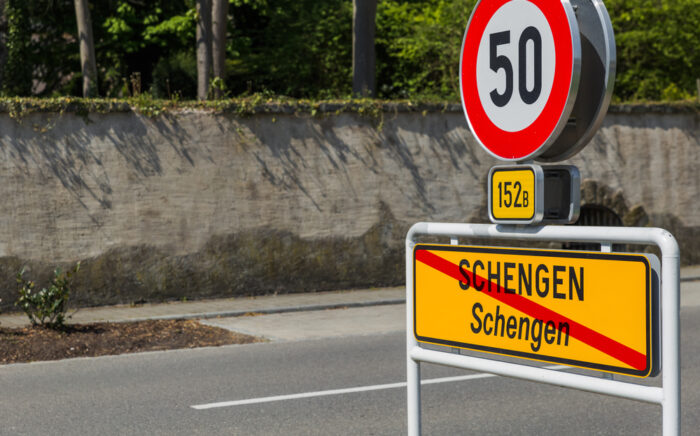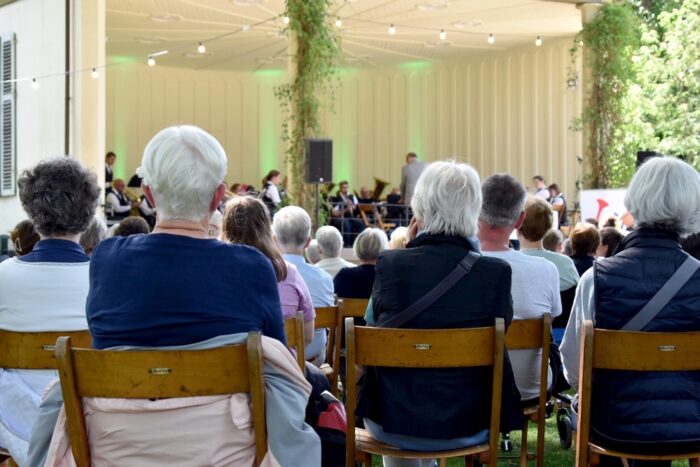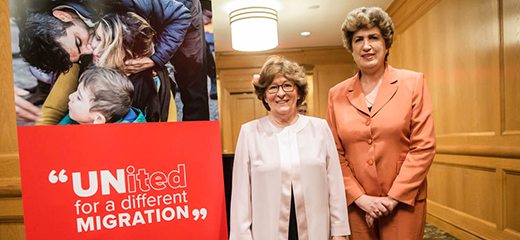Network
Find all related publications
Publications
Find all related Progressive Post
Progressive Post
Find all related events
Events
Past
26/09/2025
Rome, Italy (Hybrid)
27 - 28/05/2025
Nairobi, Kenya (Expert meeting)
29 - 31/01/2025
Addis Ababa, Ethiopia (Expert meeting)
Load more...
Find all related Audiovisual
Audiovisual
13/09/2024
13/09/2024
Find all related news
News
Find all related in the media
In the media
“Migrants: Amato to FEPS — ‘Socialists and populists fuel obsession’”
News article in Avanti! where Hedwig Giusto, FEPS Head of International Affairs, critiques how both populist and some socialist political forces are stoking fear around migration. Giusto calls for balanced migration policies that respect human rights, reinforce solidarity among member states, and reject securitarian obsessions.
Italy’s scheme to offshore asylum claims should not be a model for the rest of Europe
by The Guardian 16/10/2024

